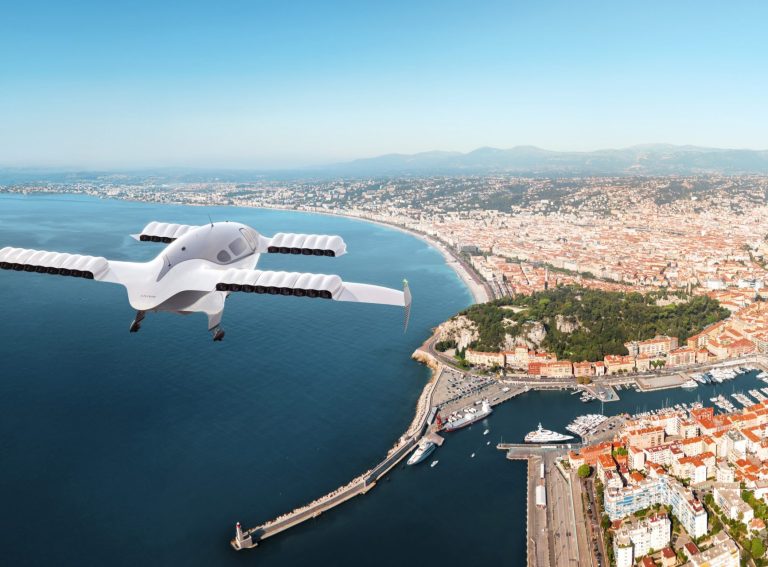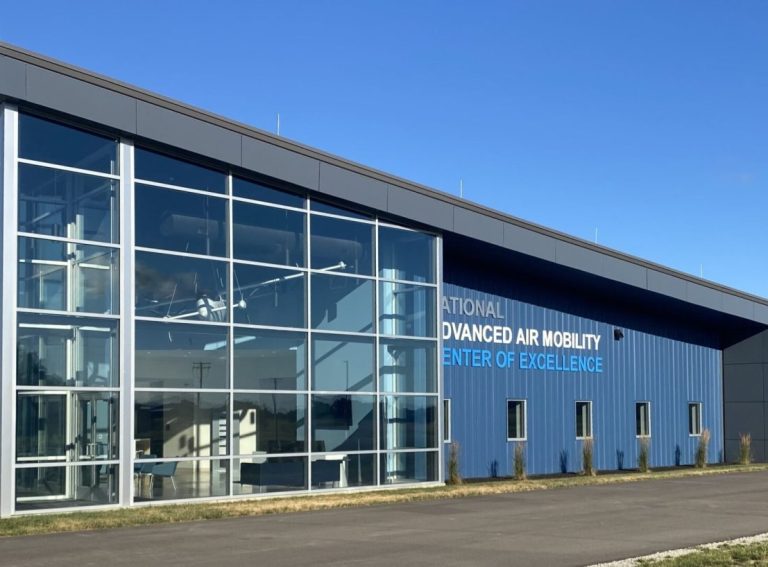Eve Air Mobility has announced a new agreement with Helicopters Inc., a U.S.-based helicopter operator, for the purchase of up to 50 eVTOL aircraft, alongside service support and access to Eve’s Vector urban air traffic management (ATM) software.
This letter of intent was revealed during the Revolution.Aero Advanced Air Mobility conference, marking a significant step in Eve’s expansion in the U.S. advanced air mobility market.
The agreement builds on a relationship that began in 2022 with a Chicago-based simulation conducted in partnership with Helicopters Inc. and Blade. This earlier collaboration tested the viability of eVTOL operations by using helicopters to replicate routes, including those connecting Vertiport Chicago to suburban helistops.
The companies plan to refine target markets, operational requirements, and ecosystem needs for their eVTOL deployments, with potential applications such as airport shuttles and intercity connections.
Funding boost from BNDES
This announcement follows news earlier in the week that Brazil’s National Development Bank (BNDES) will provide an additional $35 million in funding to support Eve’s eVTOL development. The financing, which comes from BNDES’ Climate Fund, will be used for manufacturing prototypes and advancing testing as Eve works towards type certification and commercial readiness.
This marks the second phase of BNDES funding for Eve, following an $88 million loan earlier this year and a $92.5 million line of credit secured in 2022.
An Eve spokesperson noted that the company’s production facility in Taubaté, Brazil, is designed for modular expansion, with an initial capacity of 120 units per year, scalable to 480 annually. “This modular design ensures efficient resource allocation and disciplined capital investment,” he said, emphasising Eve’s alignment with Brazilian aviation authority, ANAC, and FAA certification processes.
The recent funding comes on the heels of Eve achieving a key regulatory milestone with the publication of its eVTOL airworthiness criteria by ANAC. This development allows Eve to finalise compliance standards critical to advancing toward certification.
Eve’s sustainability commitments are also central to its operations. According to the spokesperson, the Taubaté facility will operate entirely on renewable energy, and the company is incorporating circular economy principles into its processes, such as responsible battery recycling and the use of sustainable materials. These measures align with the goals of BNDES’ Climate Fund to reduce greenhouse gas emissions and promote green technology.
As the company moves closer to bringing its eVTOL to market – targeted for 2026 – Eve continues to build partnerships and secure pre-orders, which now total nearly 3,000 aircraft globally.




